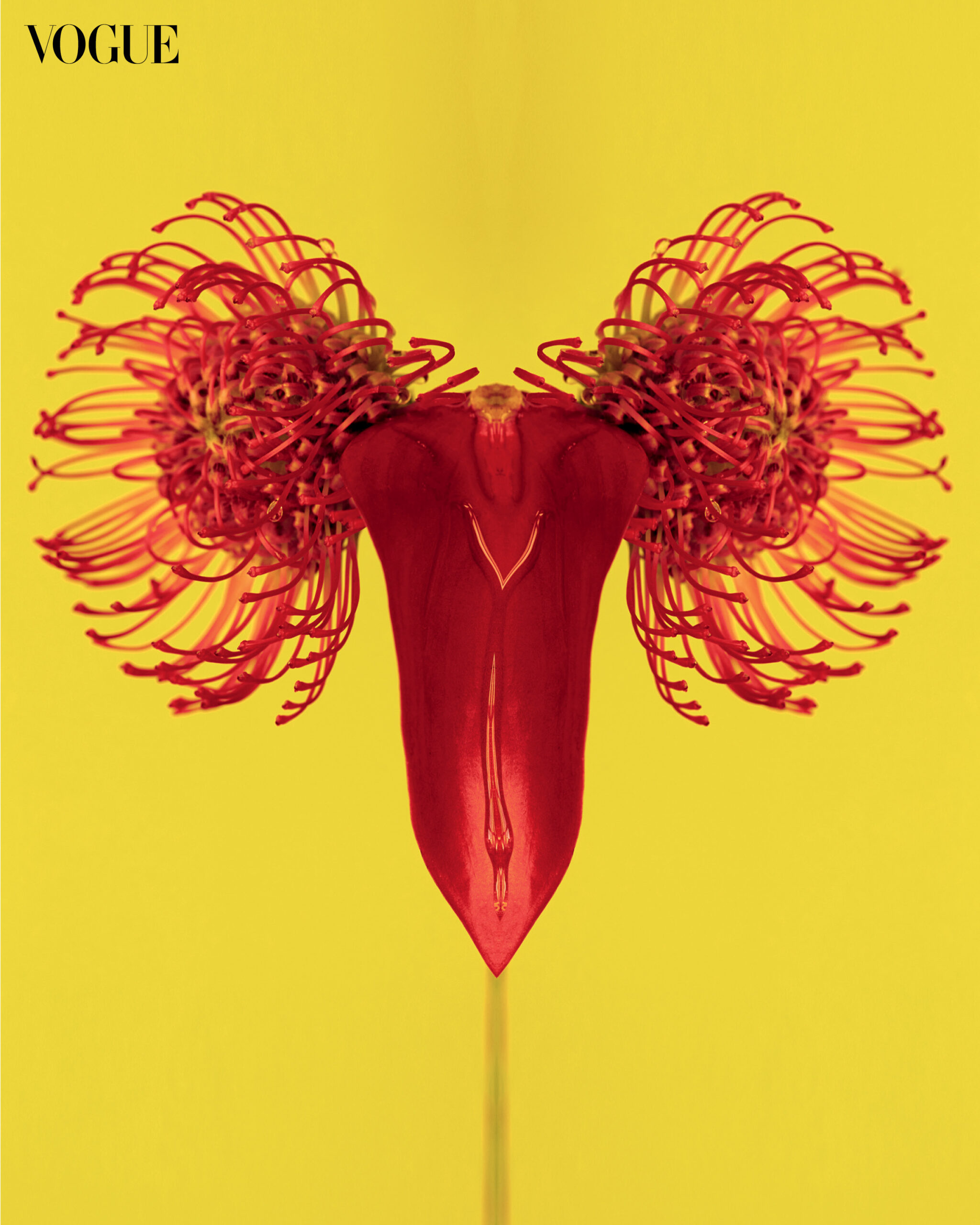Photo by Harold Julian
From academic studies to Triangle of Sadness, there is ongoing sexual revolution that posits that aging and female sexual pleasure can—and should—co-exist.
Sophia’s* first sexual experience was while on holiday in Barcelona. He had a piercing mouth and anti-capitalist opinions that were as sharp as his blue eyes.
She was 33.
“He looked at me like I had two heads or something when I told him I was a virgin. It was so unusual for him.”
It was her first one-night stand and the first time she began to understand how the pursuit of sex could be for fun, for pleasure, for curiosity—and not necessarily for love.
Barcelona was followed by other travels and a short stint living abroad as an expat. Living and dating abroad exposed her to a wider range of cultures and personalities. She discovered the buzz of being desired and pursued.
“Sometimes people just want to have sex and that’s okay. It is also okay for me to want only sex. It does not devalue me,” Sophia shares her opinion.
Now, at 45, Sophia is in a serious relationship and in a phase of affirming her sexual confidence by continuously exploring and defining her own views on sexuality, love, and relationships.
Ripple All Over the World
Martina’s sexual awakening and reckoning with sexual pleasure is reflected in Emma Thompson’s portrayal of a school teacher and widow who hires a male sex worker so she can experience her first orgasm (Sophie Hyde’s Good Luck to You, Leo Grande); in Cynthia Nixon’s sexual experimentation with a woman after years of marriage in her reprisal of her role as Miranda Hobbs in Sex and the City; in a Harvard study that certifies that sex gets better with age.
All around the world, a sexual revolution is upending the double taboo of female sexual pleasure and middle age. Whether they are strutting, charging through or tiptoeing around expressions of desire, middle-aged women are staking a claim on what was once the privilege only of the young and an entitlement enjoyed only by men.
Anne Philpott is relishing the moment.
“There have been points in my life, like motherhood and menopause, when I’ve been made to feel like my sexual desire and sexuality should hit the skids. These ripples in pop culture flip the whole narrative that once you’re past menopause or 40, you can’t have a great sex life,” she says.
Philpott, 55, has been trumpeting the importance of considering sexual pleasure in public health programs through The Pleasure Project, a non-profit organization that she started more than a decade ago. Recent joint research with the World Health Organization (WHO) and other public health giants showed that framing sexuality education and advocacy around pleasure encouraged safer sex through condom use.
Combining her years working in public health in the UK with her advocacy for sexual and reproductive health rights, Philpott led the drafting of The Pleasure Principles, a seven-point guide about how to incorporate pleasure in various sexuality programs. “And in life!” Philpott adds.
Reproductive health thought leaders such as the World Health Organization and the International Planned Parenthood Federation (IPPF) are two of the many organizations that have endorsed The Pleasure Principles.
For Philpott, the diversity of this sexual revolution is how it has made the pursuit and experience of pleasure more inclusive. “It’s great that this pleasure wave isn’t showing images of firm-bodied, reproductive, and youthful are those allowed the permission to experience pleasure. The vast majority of us don’t fit into this very narrow gym-bunny, usually white body type,” she adds.
Former magazine editor Myrza Sison applauds how each and every disruptive pop culture ripple like Glorious with Angel Aquino and Belle Doleur starring Mylene Dizon is splitting open stereotypes. The latest addition is Dolly de Leon’s character, Abigail, in Triangle of Sadness, who challenges common perceptions of what a sexual and sexually empowered woman looks like in terms of age, appearance and social status.
While there are no metrics on the impact of this kind of representation, Sison says that these fresh portrayals of middle-aged women as attractive and empowered sexual beings directly contract past portrayals of mid-life women as caricatures or tragic figures.
“We must continue to push the message that the sexual wisdom and sexual experience that come with age can be a bigger turn-on than merely focusing on a woman’s youthful physical attributes or her ability to cling on to them as she ages,” says Sison.

Not a cougar
This mid-life pleasure revolution does not play into the cougar trope which focuses on the explorations of midlife female sexuality with a younger man. Rather, it is an assertion and expression of pleasure as an experience of joy, rather than pain. After the colossal shake up caused by #MeToo, women are saying that they not only deserve to be free from sexual harassment, but they also deserve to freely choose, define, and shape their sexual experiences.
“Women are coming together in different ways, saying, it is time to change laws, social norms, and even the relationships we have with our bodies,” says Sabrina Gacad, assistant professor at the University of the Philippines Department of Women and Development Studies.
Gacad describes the pleasure movement in the Philippines as being more intimate. It is first a personal revolution started by furtive discussions among non-judgmental loved ones or like-minded people. Questions chip away at generations of shame, blame and guilt.
In her ongoing research, she observed that that older women have a particular expression of claiming their right to pleasure. “One is they see pleasure as something that makes them feel young again. But they also speak of pleasure as something they deserve after having looked after their children, after serving their spouses. After generally putting everyone first, now it’s their turn.”
Trish Bautista was surprised by the reaction of relief that they got from women when she launched sexual wellness company Unprude in 2021. Through their sexual education and intimacy workshops, women found a place that understood and centered their sexual desires.
“On one hand, married women felt more empowered to explore with their husbands. On the other, for many single middle-aged women, there is no template but just a lot of expectations. For both, the expansion of sexuality beyond baby-making adds another layer to their identity,” says Bautista.
Aurora*, 41, is somewhere in between.
Aurora says she is like most women, generally consenting when her partner-initiated sex, only sometimes initiating it herself. A few drunken kisses and general feminine affection she found herself wondering if the girl crushes, she had always had was worth examining. She was already married and had a child. Even if she went down this road of this difficult conversation, what was she supposed to do with it?
When she posed this question to her trusted female friends in a Facebook page, her bewilderment sent her “heart racing” and herself “on the verge of tears.” In the thread, other women shared similar experiences and assured her that there is no age-limit for self-discovery and that learning and accepting yourself is the most important thing.
It was freeing to have her feelings acknowledged and recognized as valid.
“My sexual preferences change just as my body changes and that’s ok. I’ve realized that it is important to value my body, my desires, my pleasures, and enjoyment. I’ve come to love my vibrator so much—and I don’t hesitate to use it anytime!” she laughs.
“This body has done so much. Just as I deserve pleasure and orgasms, naughty licks, and hard kisses, I also deserve stillness and rest, quiet cuddles and gentle snuggles. All of these can bring joy and comfort—and are equally necessary,” says Aurora. *Names have been changed for privacy reasons
